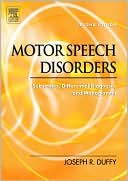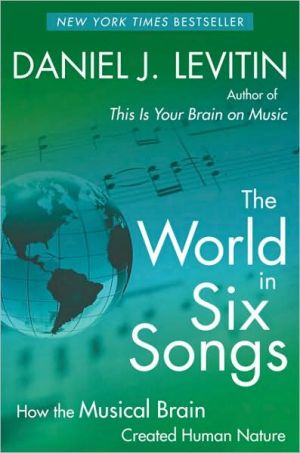The Psychology of Language: From Data to Theory
The Psychology of Language is a thorough revision and update of the popular second edition. It contains everything the student needs to know about the psychology of language, including how we acquire, understand, produce, and store language. The third edition contains new chapters on how children learn to read, and how language is used in everyday settings. It also describes recent research on the impact of new techniques of brain imaging.\ The text is comprehensive and written in a lively...
Search in google:
The Psychology of Language (2nd Edition) is a thorough revision and update of the popular first edition. Comprehensive and contemporary, it contains all the student needs to know on the topic, presenting difficult material in a lively and accessible way. There is coverage of all the core topics in language in the undergraduate curriculum and the author interweaves evidence from the various approaches including cognitive psychology, neuropsychology, and connectionist modelling. This edition includes expanded coverage of many topics including reading development, bilingualism, and the relation between language and memory.
PrefaceHow to use this bookSect. AIntroduction11The study of language32Describing language27Sect. BThe Biological and Developmental Bases of Language453The foundations of language474Language development915Bilingualism and second language acquisition131Sect. CWord Recognition1396Recognizing visual words1417Reading1798Understanding speech219Sect. DMeaning and Beyond2439Understanding the structure of sentences24510Word meaning27511Comprehension311Sect. EProduction and Other Aspects of Language34712Language production34913The structure of the language system39114New directions405App.: Connectionism411Glossary417References427Author index507Subject index
\ From the Publisher"It is comprehensive, covering all aspects of psycholinguistics ... As such it is an excellent companion to an undergraduate speech and language therapy degree course, interlinking modules of study into a cohesive whole. It would also be an accessible reference resource for practising therapists." – Kathy Jones-Williams, in Speech&Language Therapy in Practice\ "I want this book for me, not just for my students. For the student, it's an exceptionally thorough, but lively, introduction to language use in a wider context. For me, it's a valuable reminder of psycholinguistics's evolution from its concerns with the psychological reality of grammar, to its current spot at the center of modern cognitive neuroscience." - Gary S. Dell, University of Illinois at Urbana-Champaign,USA\ "Trevor Harley provides a systematic and lucid introduction to the scientific study of human language use. He traverses a complex range of topics from foundational theory and experiment to practical matters of pedagogy and pathology. It's a winning combination delivered with wit, balanced accuracy, and admirable directness of style." – Professor Merrill Garrett, Psychology Department, University of Arizona, USA\ "Harley’s book offers an excellent means of enhancing our understanding of language. It provides a clear, comprehensive and thorough review of the current state of play in psycholinguistics, making it an ideal choice for advanced undergraduate and graduate students." - Annukka Lindell, University of Wales, Bangor, UK\ "Harley has thoroughly revised his very successful textbook on psycholinguistics in light of new research. The coverage of this work is quite remarkable and it constitutes the ideal resource for advanced undergraduate students, postgraduate students and researchers interested in the field." - Martin Pickering, University of Edinburgh, UK\ "I have been using Harley's text in my 3rd year undergraduate Psychology of Language course since the first edition came out because I believe its coverage of the important issues is comprehensive and scholarly while being highly accessible and intellectually stimulating. My students have always found it to be a very useful resource in helping them understand language processing." - Marcus Taft, University of New South Wales, Australia\ \ \
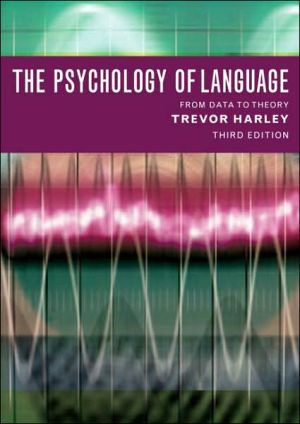
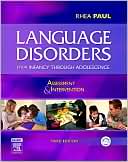

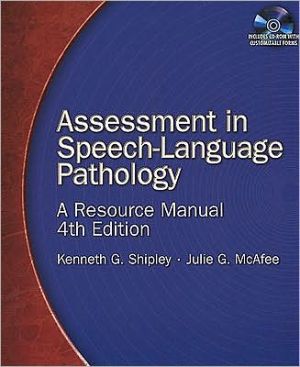
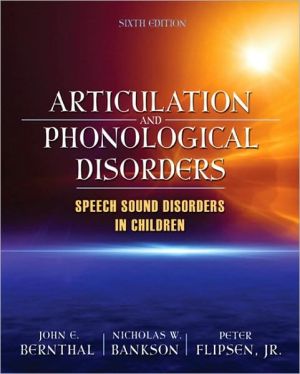
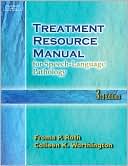
![Introduction to Audiology [With CDROM] Introduction to Audiology [With CDROM]](/application/data/covers/31/18/9780205593118.jpg)
